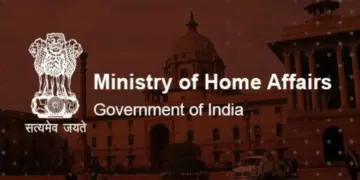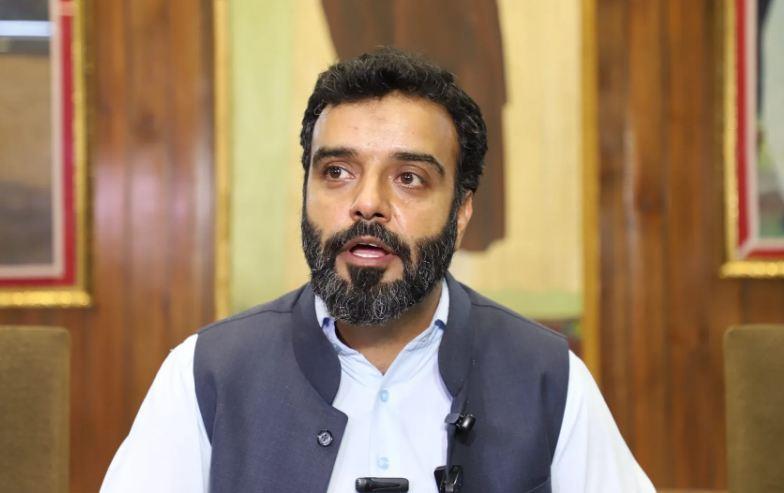Srinagar: The High Court of J&K and Ladakh has held that the scope of interference by the constitutional courts in tender matters is minimal and confined to the extent when there is arbitrariness, irrationality, and unreasonableness, mala fide or bias.
Dismissing petitions by some Jammu-based transporters against Bharat Petroleum Corporation Limited, Justice Wasim Sadiq Nargal observed “the scope of interference by the constitutional courts in tender matters is minimal and confined to the extent when there is arbitrariness, irrationality, and unreasonableness, mala fide or bias.”
The petitioners prayed to quash the tender dated 20.03.2024, alleging it to “have been floated by the official respondents with a mala fide intention, as the initial tender 01.11.2023, was cancelled by the official respondents without any rhyme and reason”.
They also prayed for quashing the tender condition whereby the vehicles of the petitioners have not been accepted and blacklisted from the tendering process “as the same is perverse and illegal in the eyes of law”.
“In the present case (filed by two Jammu-based petroleum products carrier entrepreneurs) , the case of the petitioners do not fall within these exceptions carved out in light of the law laid down in Tata Cellular’s case (Supra) and followed by the Apex court in subsequent judgments,” said Justice Nargal .
The Apex court has even gone to the extent of observing that even if the case of a party falls within these parameters, the court shall refrain from interfering in case such interference would impede public interest, he added.
“In the aforesaid backdrop, this court is not inclined to interfere in the instant case in absence of any strong foundation on these exceptions carved out by the Hon’ble Apex court,” he said.
Justice Nargal further held that the conditions of the tender cannot be tailor-made to suit the eligibility of a party, who is ineligible in terms of the tender conditions, and such party has no vested right to challenge the terms and conditions being ineligible.
He said “the tender making authority has an expertise in technical and administrative field, thus, the respondent -Corporation, is the best person to frame the terms and conditions of the tender”, and added that the court having no expertise, cannot direct the tender making authority to frame the conditions in a way to suit the eligibility of a particular party who is being ousted from the consideration zone by virtue of being ineligible.
On whether the individual interest has to be given due weightage over and above public interest, the judgement by Justice Nargal held that while individual interests in a tender matter such as fairness, contractual rights and due process are important and must be safeguarded, they should not override the public interest.
Public procurement must be conducted in a manner that serves the public good, ensuring transparency and efficiency, reads his judgment.
It also read that public interest generally takes precedence in the context of tender process. “Thus public interest must be prioritized over private interest. Therefore the courts are tasked with ensuring that the decision made by public authorities align with the broader goals of public welfare and any interference must be justified by clear demonstration of public interest.”
While dealing with the issue that whether a party who has participated in the tender process can challenge the terms and conditions of the said tender, the bench was of the considered view that by participating in the bidding process, the bidder implicitly agrees to the rules, conditions, and requirements outlined in the tender document.
“Therefore, no opportunity is left with the party to challenge the same at a later stage, as he/she accepts the terms and conditions of the same and waives off his/her right while being silent during or before participating in the tender process”, it said.
It also said that the stand of the Apex court is clear in various authoritative pronouncements that once a party participates in the tender process without any grouse/ demur, it is presumed that he/she is aware of all the terms and conditions of the said document and subsequently is stopped under law to question the same.







